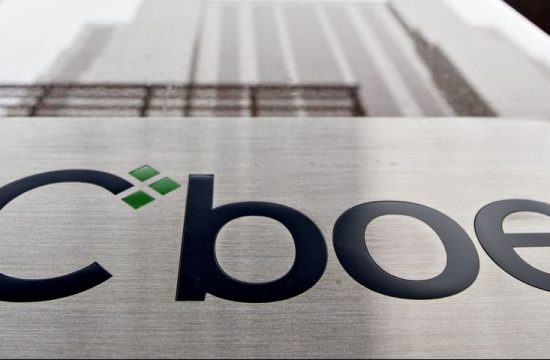Blockchain startup Bloom, which raised $30 million in funds via an initial coin offering (ICO), has agreed to return the money to token purchasers and pay a $300,000 fine, the SEC announced.

Bloom Protocol (BLT) offers users access to what the company calls a “robust credit monitoring” feature including free credit score checks, which was made possible thanks to a partnership with American credit reporting agency TransUnion. The latter is one of the three largest credit bureaus in the United States, along with Experian and Equifax.
According to the SEC’s order, the blockchain firm sold its Bloom Tokens to 7,358 investors in the US and elsewhere between November 2017 and January 2018. The project raised approximately $30.9 million to fund the development of an online identity attestation platform. The initial coin offering (ICO) was pursued to raise funds necessary to build the service.
As explained in the order, the agency determined that the ICO amounted to selling securities without filing a registration or qualifying for a registration exemption.
Under the settlement, the company has to pay the SEC $300,000, register its tokens as a security, and offer those that bought tokens in the ICO a refund. If it doesn’t comply, Bloom will have to pay almost in total $31 million in disgorgement, interest, and civil penalties, which will be turned over to the SEC for eventual distribution to investors harmed by the ICO.
The SEC was careful to note that they had not accused Bloom of fraud, but rather of failing to register their tokens as securities.
In other crypto-related settlements, the SEC used different mechanisms to compensate investors who participated in an initial coin offering. Namely, the ICO issuer has either voluntarily returned all proceeds of the token sale or was required to go through a claims process.
Earlier in 2021, Hester Peirce, an SEC regulator dubbed “CryptoMom,” has floated the idea of offering a ‘safe harbor’ to ICOs so that some crypto tokens are not treated as securities. Peirce proposed a three-year grace period for cryptocurrency startups to tweak their token-based fundraising models in new directions. As such, crypto tokens meeting specified criteria could be issued more freely before the SEC determine whether they need to comply with the federal securities laws.











